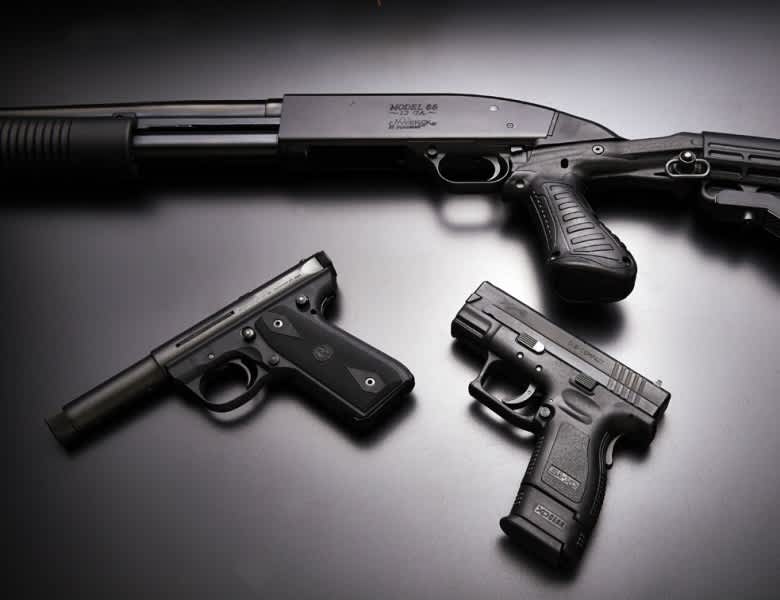Supreme Court: Convicted Felons Can Sell or Transfer Firearms
OutdoorHub Reporters 05.21.15

Earlier this week the US Supreme Court unanimously ruled that convicted felons can sell or transfer their firearms through a third party instead of relinquishing the guns to government custody. The ruling was in favor of former US Border Patrol agent Tony Henderson, who wished to turn over his collection of 19 firearms to his wife after he was convicted of selling marijuana in 2006.
According to CBS News, Henderson turned over his gun collection as a condition of his release on bail and later served a six-month sentence in jail. When he requested federal authorities to transfer the firearms to a third party, the government denied his request on the grounds that such a transfer would give Henderson effective control of the guns, or what courts have termed “constructive possession.” Supreme Court justices disagreed and said that the law went too far.
“Congress enacted that ban to keep firearms away from felons like Henderson, for fear that they would use those guns irresponsibly,” Justice Elena Kagan wrote in the opinion. “Yet on the Government’s construction, [the law] would prevent Henderson from disposing of his firearms even in ways that guarantee he never uses them again, solely because he played a part in selecting their transferee. He could not, for example, place those guns in a secure trust for distribution to his children after his death. He could not sell them to someone halfway around the world. He could not even donate them to a law enforcement agency.”
Kagan further added that the pertinent issue was not whether the felon has a say in where the firearms go, but if they had the ability to use or direct the use of the guns after the transfer. Justices agreed that third parties, such as gun dealers, would have to make proper assurances to maintain custody of the firearms and keep them away from the felon.
“A felon cannot evade the strictures of [the law] by arranging a sham transfer that leaves him in effective control of his guns,” Kagan wrote.
Property rights advocates hailed the Supreme Court ruling as a victory against what they say is a statute that allowed the government to skip regular forfeiture procedures and confiscate firearms directly. According to CNN, Henderon’s attorney, John P. Elwood, described the statute as one that “effectively strips citizens of their entire ownership interest in what are often significant household assets even when their convictions have nothing to do with those assets.”
The Supreme Court’s ruling does not extend to guns used in a crime.

